Artificial Intelligence (AI) has continued to transform the business landscape, with tools and platforms that optimise operations, drive innovation, and enhance decision-making. Whether you’re an enterprise looking to streamline operations or a small business aiming to leverage data, AI tools offer immense potential. This article will explore the top AI tools and platforms available in 2024, giving you the insights needed to choose the right solutions for your business.
How to Choose the Best AI Tools for Data Analytics:
Choosing the right AI tools for data analytics is critical for businesses looking to leverage data for better decision-making. The key criteria to evaluate when selecting AI tools include ease of use, scalability, and integration capabilities with existing systems. Ease of use ensures that teams with varying technical skills can operate the platform effectively. Scalability is important as it allows businesses to handle growing volumes of data as they expand. Integration with existing tools, such as ERP systems or CRM software, ensures seamless workflows without the need for extensive adjustments or customisation. Additionally, businesses should look at the tool’s ability to handle diverse data sources, its reporting capabilities, and support for machine learning algorithms. Learn More
Top AI-Driven Tools for Predictive Analysis:
Predictive analysis is transforming how businesses anticipate future trends, enabling them to stay ahead of the competition. AI-driven tools for predictive analysis are capable of processing massive datasets, identifying hidden patterns, and making accurate forecasts. These tools use machine learning and data mining techniques to predict customer behaviour, market changes, or potential operational disruptions. For instance, platforms like IBM Watson provide predictive analytics solutions that can be customised to various industries. These AI-driven tools not only offer forecasting but also recommend proactive measures, making them invaluable for businesses looking to mitigate risks or seize upcoming opportunities. Learn More
A Guide to Using AI Tools in Healthcare:
In the healthcare sector, AI tools are revolutionising patient care, diagnosis, and treatment. With advancements in deep learning and natural language processing (NLP), AI can process vast amounts of medical data in real-time to assist doctors in making faster and more accurate diagnoses. Tools like Google Health and IBM Watson Health analyse medical imaging, patient histories, and even genomic data to offer personalised treatment plans. Moreover, AI in healthcare is extending to remote monitoring systems and chatbots that enhance patient engagement and management, making healthcare more accessible and efficient. This technological evolution is transforming how healthcare is delivered and managed. Learn More
Best AI Tools for Real-Time Data Processing:
In today’s rapidly evolving business environment, real-time data processing has become essential for decision-making. AI-powered tools designed for this purpose can instantly process and analyse incoming data from diverse sources such as IoT devices, social media feeds, or e-commerce platforms. Platforms like Apache Kafka and Microsoft Azure Stream Analytics offer robust solutions for processing and analysing real-time data streams. These AI tools enable businesses to react immediately to changes in market conditions, customer preferences, or operational inefficiencies. By leveraging real-time insights, organisations can improve their responsiveness, competitiveness, and overall agility. Learn More
Top AI Platforms for Business Automation:
AI-powered automation is at the forefront of business efficiency, enabling organisations to automate repetitive tasks, reduce human error, and optimise workflows. Platforms like UiPath and Automation Anywhere allow businesses to automate processes across multiple departments, including finance, HR, and marketing. AI automation tools can handle everything from automating invoice processing and scheduling tasks to personalising customer experiences in real-time. By adopting AI for business automation, companies can achieve faster turnaround times, enhance accuracy, and reduce operational costs, all while freeing employees to focus on more strategic initiatives. Learn More
How AI Tools are Transforming Finance:
The finance sector is undergoing a significant transformation with the introduction of AI-driven tools. From automated trading algorithms to fraud detection systems, AI is helping financial institutions to enhance security, optimise investments, and improve compliance. AI tools like Kensho and Zest AI are using machine learning to assess credit risks, predict market trends, and prevent fraudulent transactions. Additionally, Robo-advisors such as Betterment are offering personalised investment strategies, making finance management accessible to both businesses and individual investors. Learn More
AI Tools for Improving Customer Experience:
Customer experience is a crucial differentiator for businesses, and AI tools are playing a pivotal role in enhancing how companies interact with their customers. AI-driven chatbots like Drift and Intercom allow businesses to provide 24/7 customer support, answering queries in real-time and guiding customers through their purchasing journey. AI also enables hyper-personalisation by analysing customer data to deliver tailored recommendations and offers, improving overall satisfaction and loyalty. Furthermore, AI tools can assess customer sentiment from feedback and reviews, helping businesses make data-driven improvements to their products or services. Learn More
Exploring AI-Driven Insights with Tableau:
Tableau is a powerful platform that allows businesses to visualise complex data through interactive dashboards, enabling more informed decision-making. By integrating AI-driven insights, Tableau enhances its capabilities, making it easier for businesses to explore data trends, forecast outcomes, and uncover actionable insights without requiring advanced technical skills. With AI, Tableau users can take advantage of automatic pattern recognition and predictive analytics, reducing the time spent on manual analysis while increasing accuracy. This makes it an essential tool for businesses looking to leverage data more effectively for strategic decisions. Learn More
AI-Powered Tools for Marketing Optimisation:
AI in marketing is transforming how businesses target audiences, optimise campaigns, and analyse results. Tools like HubSpot and Marketo are leveraging AI to automate campaign management, segment audiences, and provide real-time performance insights. AI-powered analytics enable marketers to understand customer behaviour better and optimise their strategies accordingly, leading to improved return on investment (ROI). Additionally, AI tools can personalise marketing efforts on a large scale, offering tailored content to each customer based on their preferences and behaviour, significantly boosting engagement and conversion rates. Learn More
Best AI Tools for Streamlining Operations:
Streamlining operations is a priority for businesses seeking efficiency, and AI tools are becoming integral to achieving this. Platforms like SAP Leonardo and Infor Coleman AI are designed to automate workflows, improve resource allocation, and optimise supply chains. These AI tools offer insights into production schedules, inventory levels, and logistics, enabling businesses to minimise waste, reduce costs, and ensure timely deliveries. By integrating AI into operations, businesses can achieve greater operational efficiency, allowing them to focus on innovation and growth. Learn More
AI Tools to Enhance Supply Chain Efficiency:
Efficient supply chain management is crucial for businesses in today’s competitive landscape, and AI tools offer the ability to streamline logistics, predict demand, and automate inventory management. Tools like Llamasoft and Kinaxis use AI to simulate supply chain scenarios, predict bottlenecks, and optimise transportation routes. AI-driven demand forecasting helps businesses avoid stock shortages and overstocking, ensuring that they meet customer demands without excessive inventory costs. By leveraging AI, businesses can enhance supply chain efficiency, reduce operational risks, and improve customer satisfaction. Learn More
AI Platforms for Small Businesses:
While AI may seem like a resource reserved for large corporations, there are numerous affordable AI platforms designed to help small businesses automate operations and scale. Tools like Zoho AI and Hootsuite offer AI-driven solutions that assist with marketing, customer service, and productivity. These platforms are user-friendly, cost-effective, and designed to integrate seamlessly with existing tools, making them ideal for small businesses looking to optimise their workflows without requiring a significant investment. AI is levelling the playing field, allowing small businesses to compete with larger companies by automating critical processes. Learn More
How AI Software Can Help Your HR Team:
AI software is transforming the HR landscape by streamlining processes that were once time-consuming and resource-intensive. One of the key advantages of AI for HR is its ability to automate recruitment. Tools like Workday and BambooHR use AI-driven algorithms to scan CVs, match candidate profiles with job descriptions, and even schedule interviews. This eliminates bias, speeds up the hiring process, and ensures that the best candidates are shortlisted.
Beyond recruitment, AI improves employee engagement through chatbots and feedback tools that collect data on employee satisfaction and suggest interventions for improving workplace culture. AI software also assists in performance management, by analysing employee productivity metrics and recommending personalised development plans, making HR more data-driven and effective. Moreover, AI tools can help predict attrition rates and guide strategies to retain top talent, boosting overall productivity. Lear More
AI Tools for Risk Management in Finance:
The finance sector deals with constant risks, from market volatility to fraud, and AI-driven tools are at the forefront of risk management. AI tools like Palantir and Darktrace leverage machine learning to detect patterns that could indicate financial fraud or irregular transactions. These systems learn from past data to identify suspicious behaviour, such as money laundering or account takeovers, in real-time.Predictive analytics is another major benefit of AI tools for risk management. By analysing historical data, AI platforms can predict potential market fluctuations or credit defaults, helping financial institutions make informed decisions. Additionally, AI improves regulatory compliance by automatically ensuring that financial practices adhere to changing laws and regulations, thus reducing the risk of penalties. Learn More
Why Businesses Should Invest in AI-Powered Solutions:
Investing in AI-powered solutions offers businesses a competitive edge in 2024-2025. AI not only helps in reducing operational costs by automating routine tasks but also uncovers new revenue opportunities by enhancing decision-making processes through data insights. Tools like Salesforce Einstein and Google AI provide advanced analytics and automation capabilities that allow businesses to better understand their customers, optimise marketing strategies, and increase ROI.
AI is not just about efficiency—it’s about enabling innovation. For example, companies that integrate AI into product development can fast-track their innovation cycles and bring new products to market more swiftly. With the potential to personalise customer experiences, AI ensures businesses remain relevant in an ever-changing market landscape. In 2024-2025, businesses that fail to invest in AI may struggle to keep up with their competitors. Learn More
Leveraging AI Tools for Digital Transformation:
Digital transformation has become essential for businesses to remain competitive, and AI tools are key enablers of this shift. By adopting platforms such as Microsoft Azure AI and IBM Cloud AI, businesses can streamline operations, improve customer interactions, and optimise backend processes. AI helps automate routine tasks, such as data entry or customer service inquiries, freeing up valuable human resources to focus on more strategic work.
AI is also enhancing data analytics, enabling businesses to make more informed decisions by interpreting large sets of data in real-time. Additionally, AI helps businesses adopt agile practices, allowing them to react faster to market changes or disruptions, ultimately increasing their resilience. The integration of AI into digital transformation strategies ensures that companies are not only improving efficiency but are also well-equipped for future growth. Learn More
AI Tools to Improve Decision-Making in Retail:
In the retail sector, AI tools are revolutionising decision-making processes by providing deeper insights into consumer behaviour and market trends. Retailers use AI platforms like Shopify AI and Amazon AI to analyse customer purchase data, track inventory, and even optimise product recommendations. This real-time data enables retailers to make better decisions regarding product pricing, inventory management, and personalised marketing strategies.
Furthermore, AI can predict consumer demand trends, helping retailers prepare for high-demand periods or adjust their stock levels to avoid overstocking or understocking. AI is also helping retailers enhance customer experience by analysing customer data and providing tailored shopping experiences, which can lead to increased loyalty and higher conversion rates. Learn More
Key Features of Advanced AI Tools for Data Analysis:
The landscape of data analysis tools has evolved significantly, with advanced AI tools offering a range of features designed to handle large datasets more effectively. Key features include machine learning algorithms that automatically adapt to changing data inputs, automation of repetitive data collection and processing tasks, and visualisation capabilities for easy interpretation of data insights.
Platforms like Alteryx and SAS Viya are equipped with user-friendly interfaces, allowing non-technical users to perform complex data analysis with ease. These tools also support predictive modelling and natural language processing (NLP), which help businesses identify trends, make forecasts, and even analyse unstructured data, such as social media posts or customer reviews. Learn More
AI Platforms for Improving Product Development:
AI in product development is accelerating innovation by offering tools that provide real-time insights into market trends, customer feedback, and product performance. Platforms like Pendo and Jasper AI analyse customer interactions with products to identify features that are most valuable and areas for improvement. These insights help businesses focus on creating products that better meet customer demands, shortening the product development cycle.
Moreover, AI-powered tools assist in the prototyping phase by simulating product performance under various conditions, thereby reducing the need for physical testing. By analysing data from past products and current market trends, AI helps companies predict which product features will succeed, ultimately improving the chances of a successful product launch. Learn More
The Future of AI Tools in Manufacturing:
AI in manufacturing is set to transform the industry through innovations such as predictive maintenance, automated quality control, and AI-powered robotics. By implementing AI tools like Siemens MindSphere and FANUC AI, manufacturers can automate production lines, monitor machinery for potential failures, and optimise energy use, leading to significant cost savings.
Predictive maintenance uses AI to monitor equipment in real-time and predict when machinery is likely to fail, preventing costly downtime. AI-powered robotics systems also improve the precision and efficiency of production processes, enabling manufacturers to produce goods at higher quality and lower cost. As we look to the future of 2024-2025, AI will continue to play a pivotal role in smart manufacturing, making production more agile, sustainable, and scalable. Learn More
Why Businesses Should Embrace AI in 2024-2025
The adoption of AI tools and platforms is no longer optional for businesses looking to maintain a competitive edge. With AI’s ability to enhance data analytics, automate operations, and predict market trends, it’s a crucial technology for driving business success. The tools we have highlighted will not only streamline processes but also provide actionable insights that can lead to better decision-making.
Whether you’re looking to improve operational efficiency or transform your digital infrastructure, AI offers scalable solutions that cater to your specific needs. By investing in AI, businesses can future-proof their operations and stay ahead in a rapidly changing market.
👉 If you’d like to explore how AI can transform your business or discuss potential solutions, book a consultation.
Why Candidates Should Explore AI Careers
The AI industry is booming, and there’s never been a better time to be involved. Whether you’re passionate about data science, machine learning, or software engineering, AI offers diverse career opportunities. By joining the AI sector, you’ll be at the cutting edge of innovation, working on transformative projects that impact various industries—from healthcare to finance and retail.
The demand for skilled AI professionals is increasing, and businesses are offering competitive salaries and opportunities for growth. By joining the AI workforce, you’ll be in a position to shape the future of technology and its application across industries.
👉 Interested in being part of this exciting industry? Apply here.




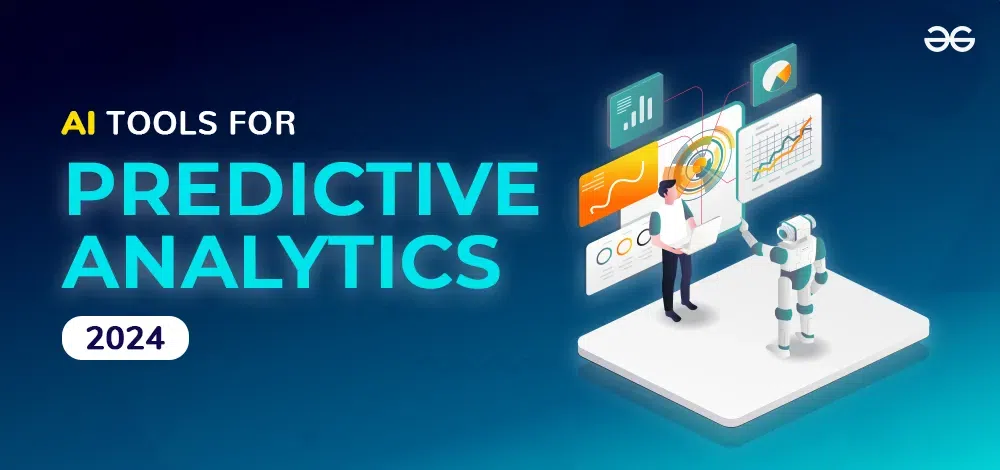

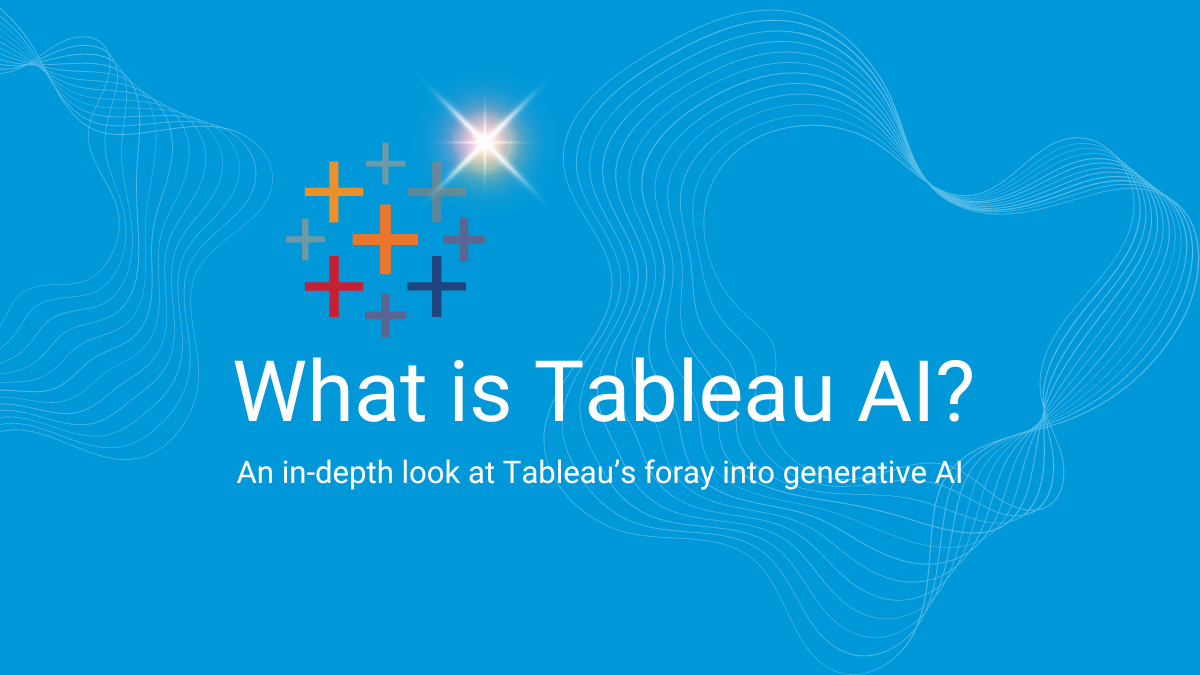
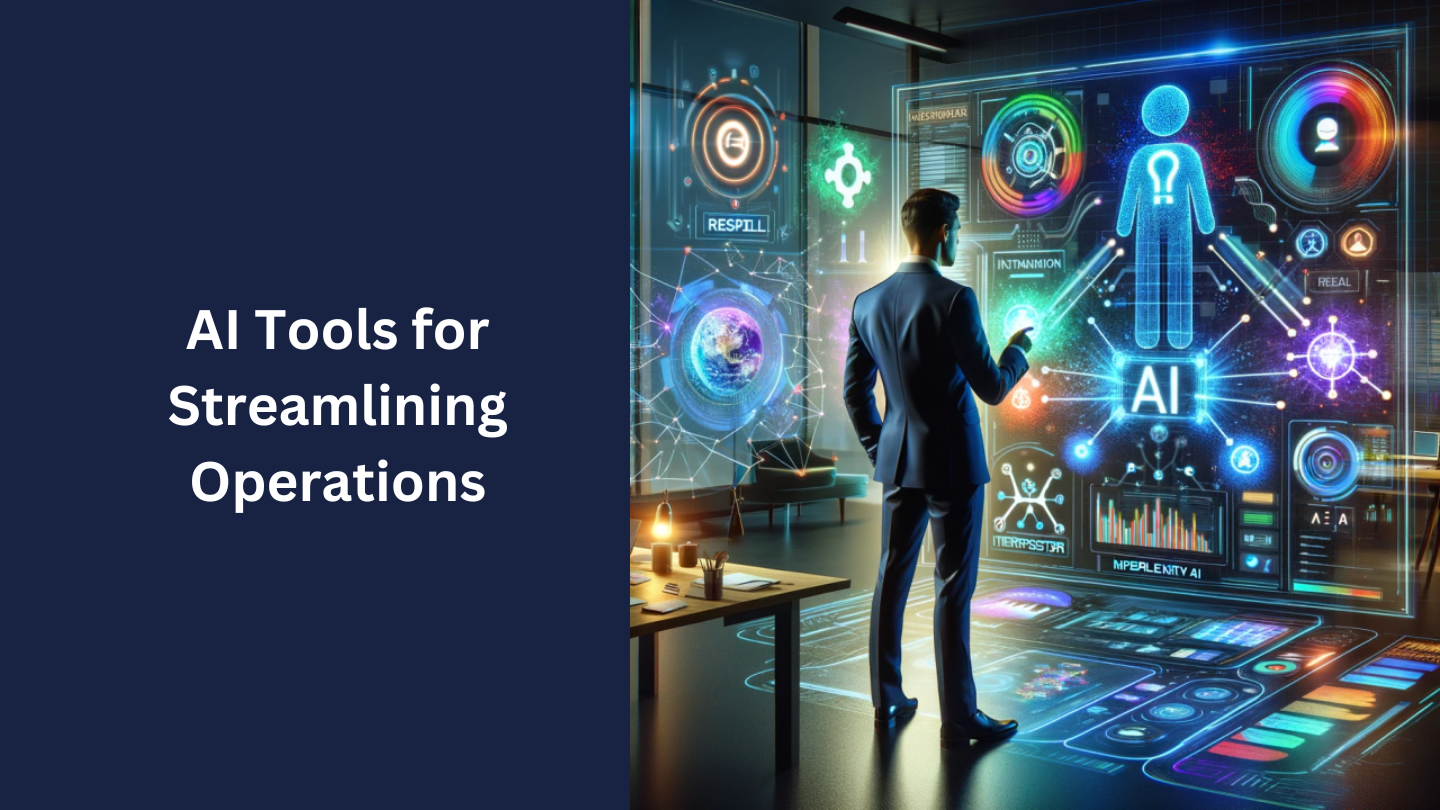
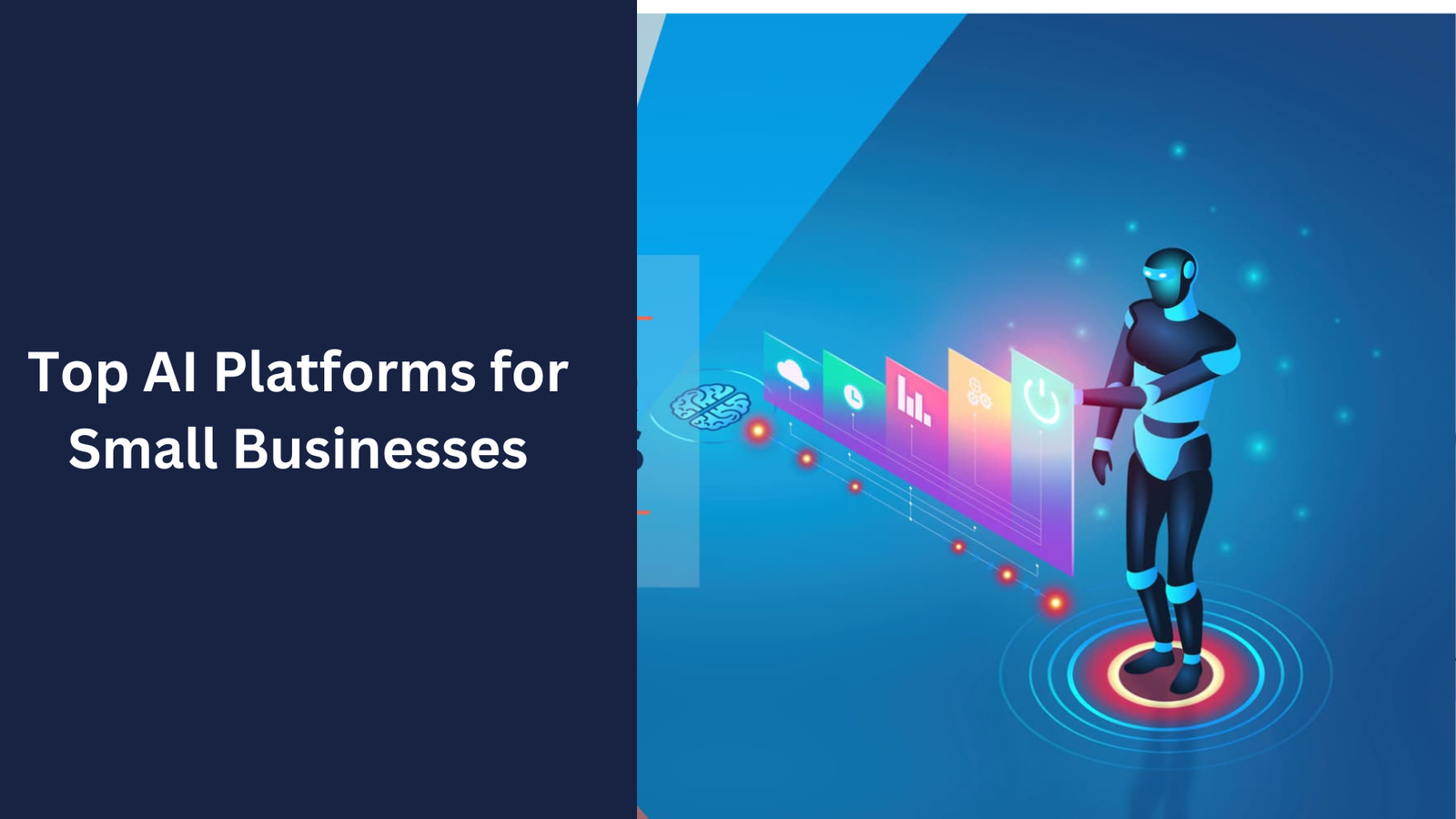
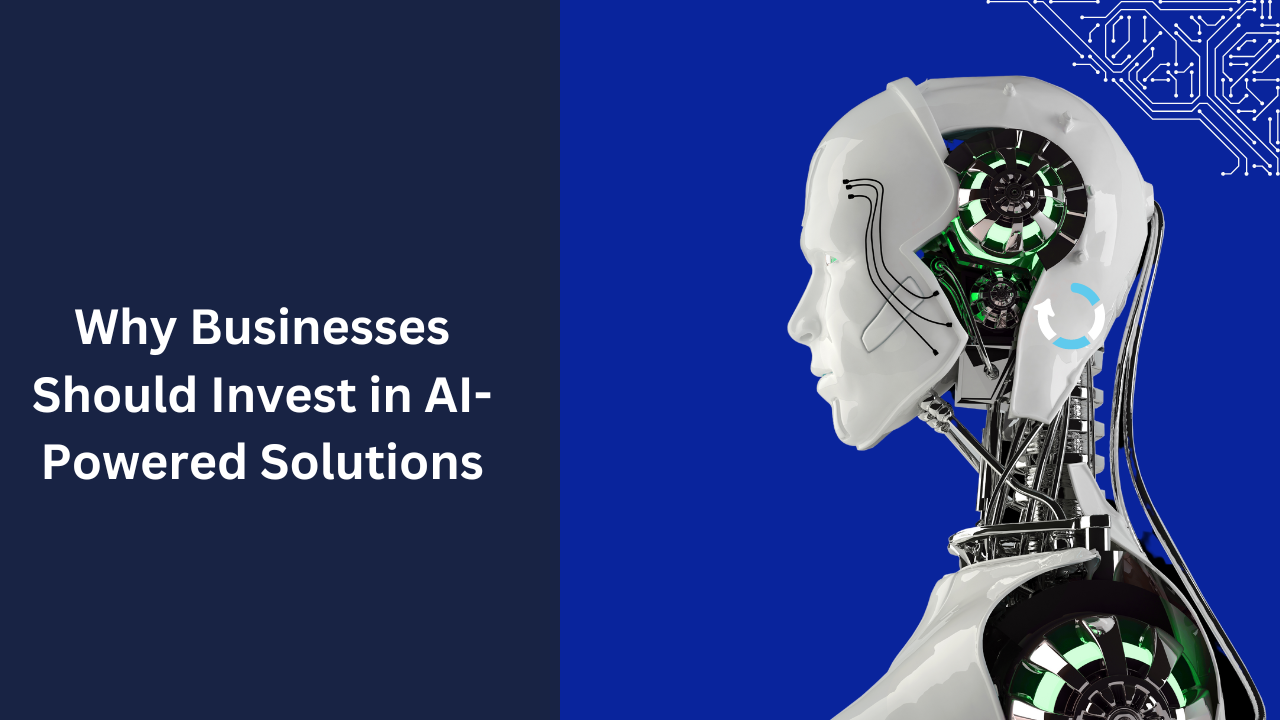
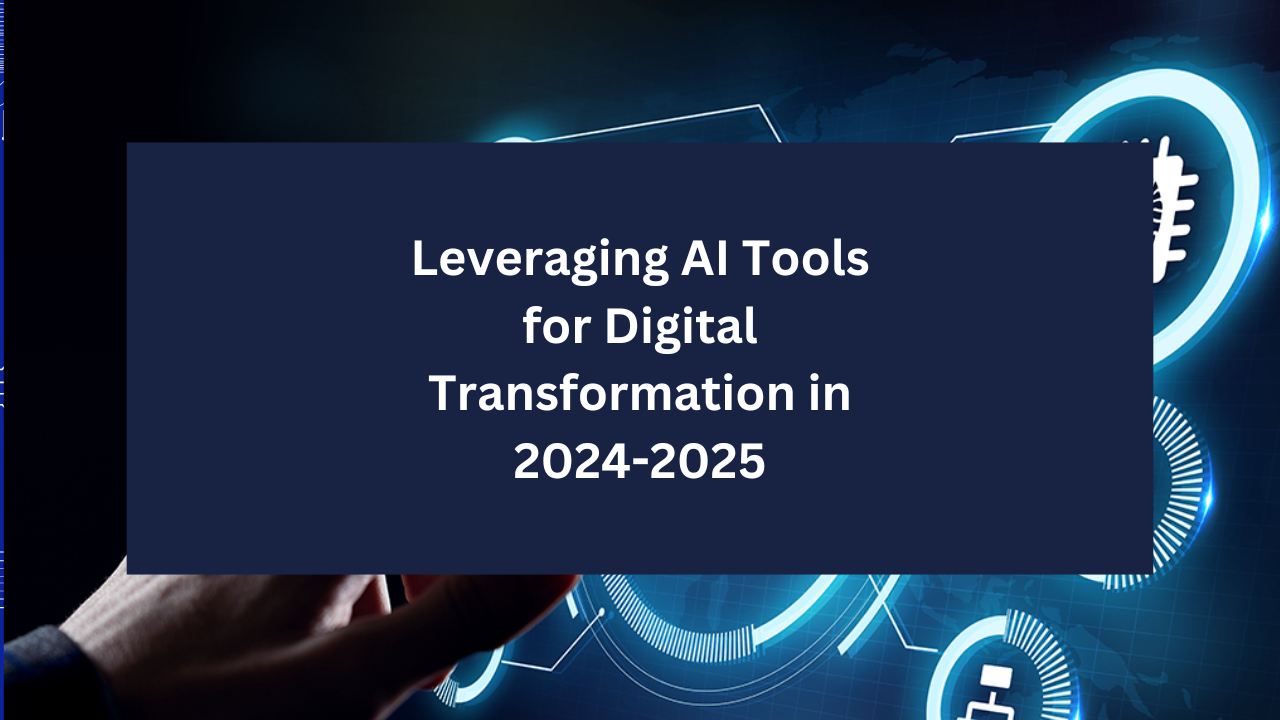
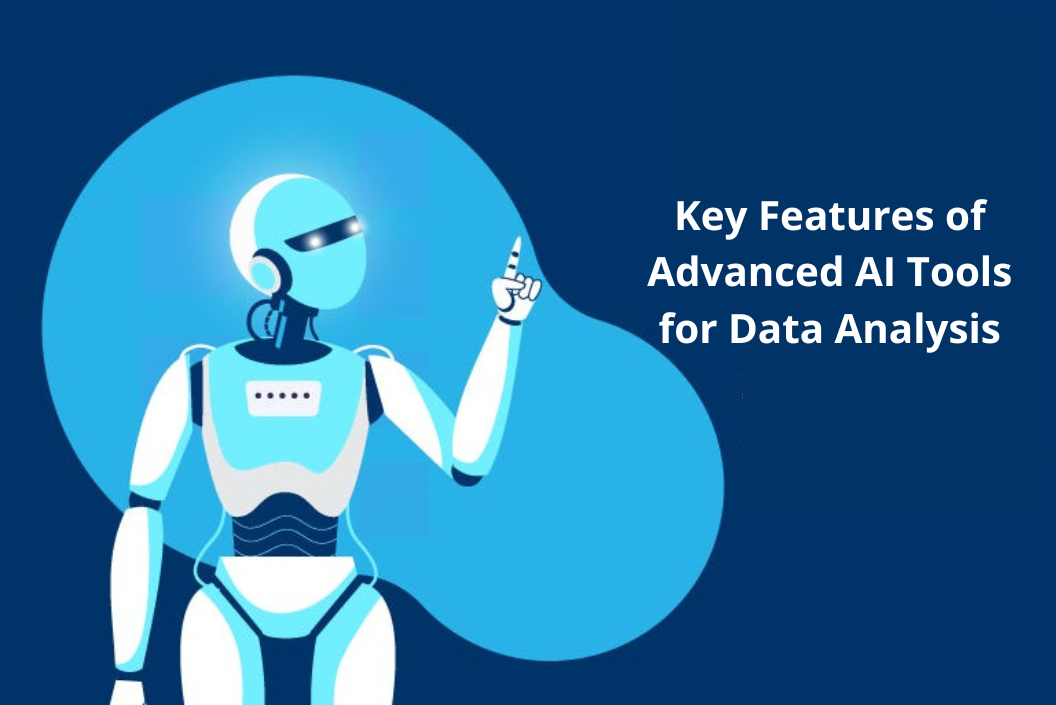
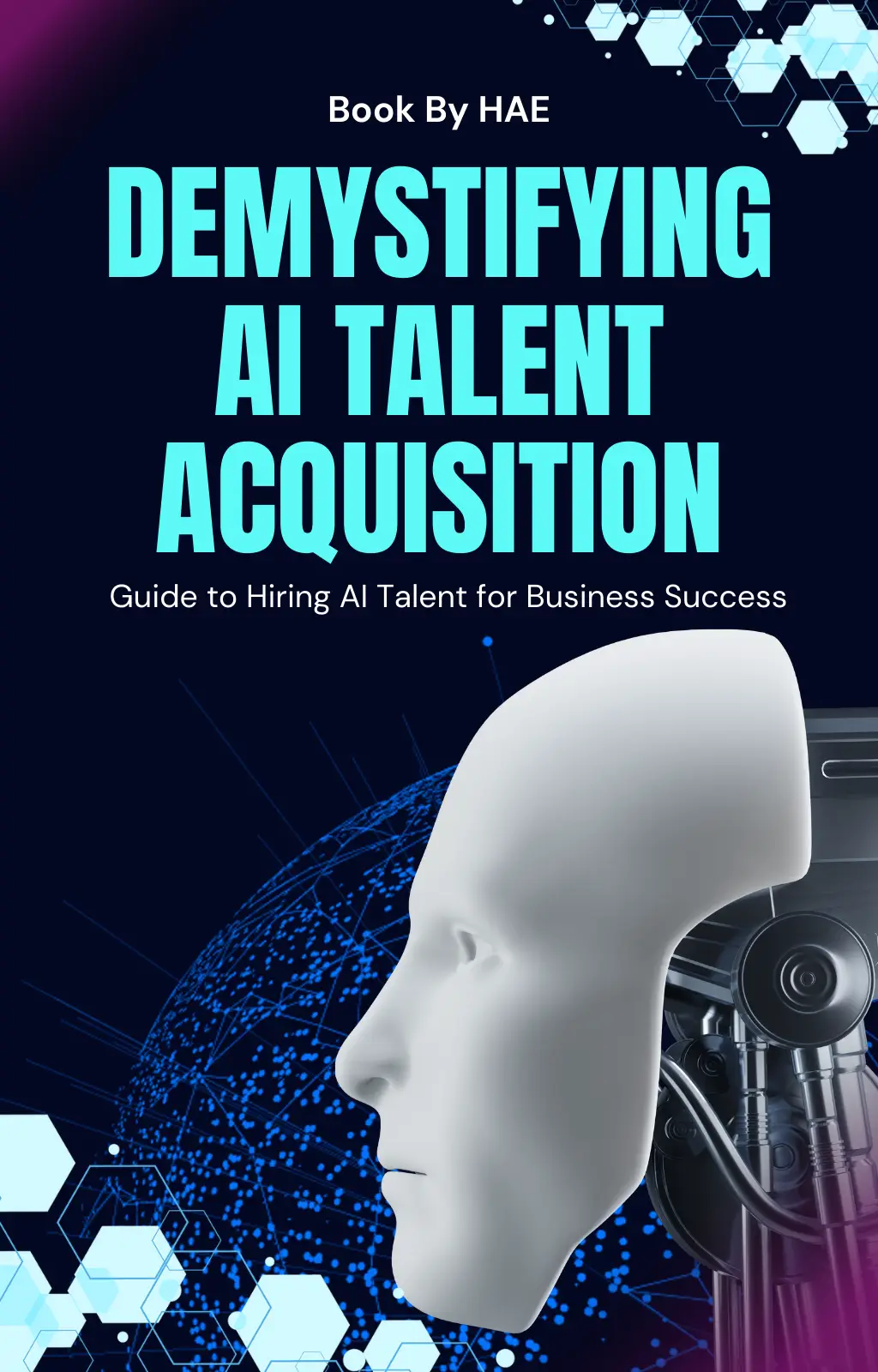
Pingback: A Guide to Using AI Tools in Healthcare - 2024-2025
Pingback: Top AI-Driven Tools for Predictive Analysis - 2024-2025
Pingback: How to Choose the Best AI Tools for Data Analytics | HAE 2024-2025